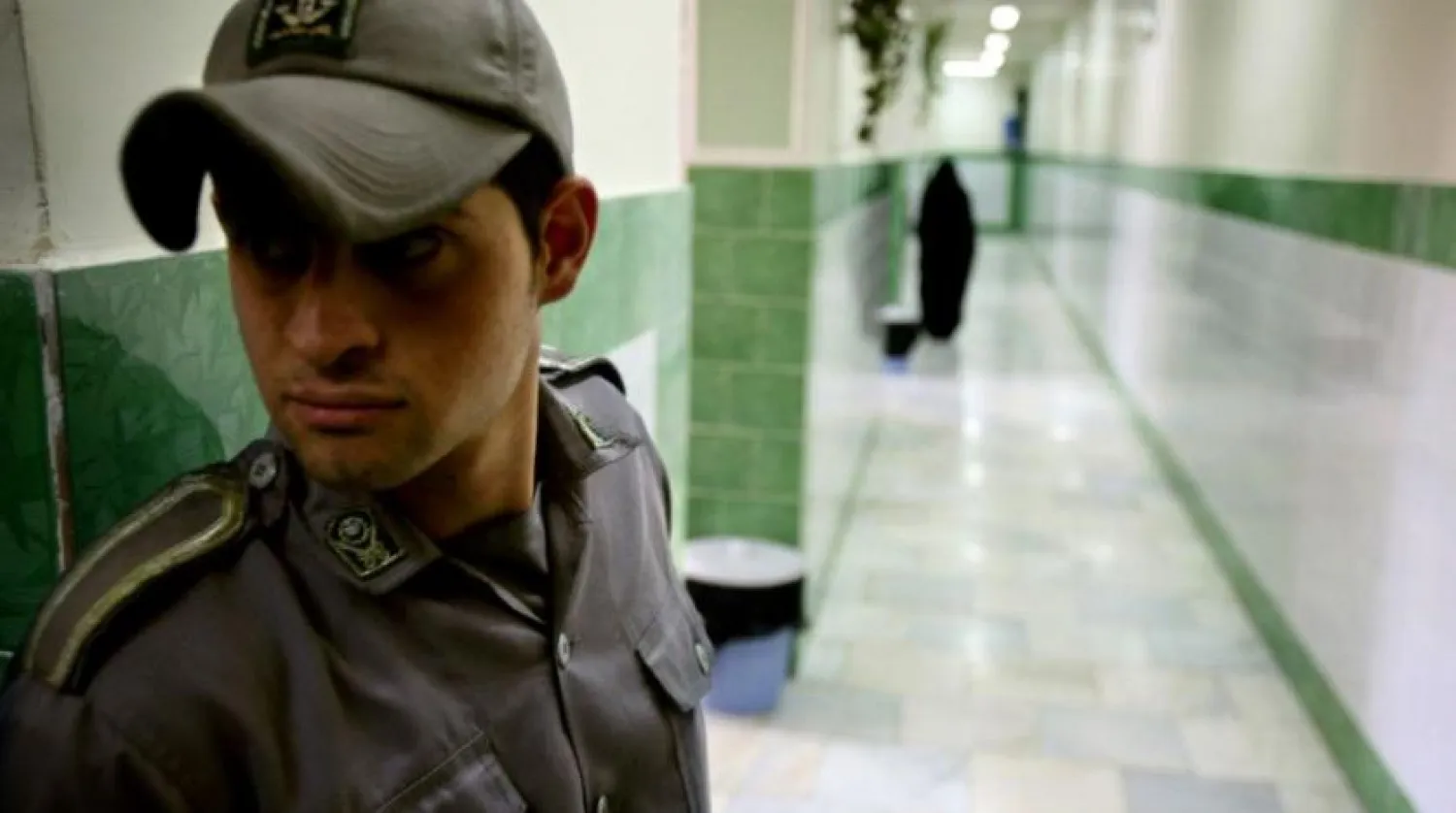Activists on Wednesday expressed alarm that an Iranian “prisoner of conscience” jailed over a protest by a religious sect in 2018 had been hospitalized in a critical condition, alleging that his health had been weakened by torture.
Behnam Mahjoubi, a member of the Gonabadi Dervishes, Iran’s largest Sufi order, was convicted after taking part in a demonstration they held in February 2018, and began serving his two-year sentence last June.
But according to Amnesty International, he suffers from a serious panic disorder and had been injected with chemical substances against his will while in custody, AFP reported.
“The events leading to the critical condition of prisoner of conscience Behnam Mahjoubi in hospital must be criminally investigated,” Amnesty International said.
“He suffered months of torture including wilful denial of medical care. All officials and prison doctors responsible for these cruel acts must face justice,” it added.
Other campaigners have also been urging Iran for months to release Mahjoubi because of his medical condition.
On Tuesday, Iran’s State Prisons Organization said Mahjoubi had a “history of illness” and was “recently poisoned and has been immediately transferred to a hospital in Tehran for treatment.”
It added that bail had been agreed for him to leave prison, but he had fallen ill before his release could take place.
Activists shared on social media a video from his mother saying he had been taken to the clinic at Evin prison after a series of panic attacks, and then lost consciousness.
He was then transferred to Loghman hospital in the Iranian capital, where relatives are not allowed to visit him.
“Why have they kept my child? He has a panic disorder and is not able to tolerate prison.... How far do they want to go with this?” she asked.
The New York-based Center for Human Rights in Iran (CHRI) said in a statement: “Mahjoubi could die if he is not provided the immediate and comprehensive medical treatment that he was initially denied.”
The February 2018 protest over the authorities’ treatment of the Sufi community was one of the largest religion-focused demonstrations in Iran in recent years.
According to Amnesty, more than 200 Gonabadi Dervishes were subsequently sentenced to a total of 1,080 years in prison.
Iran has faced growing criticism over its human rights record in recent months, at a time when there is intense diplomacy to revive the nuclear deal ditched by former US president Donald Trump.
It has executed several high-profile prisoners, including wrestler Navid Afkari and the formerly France-based dissident Ruhollah Zam.









